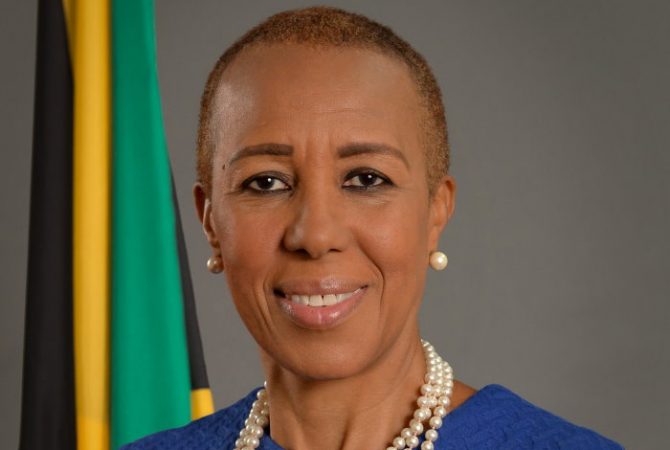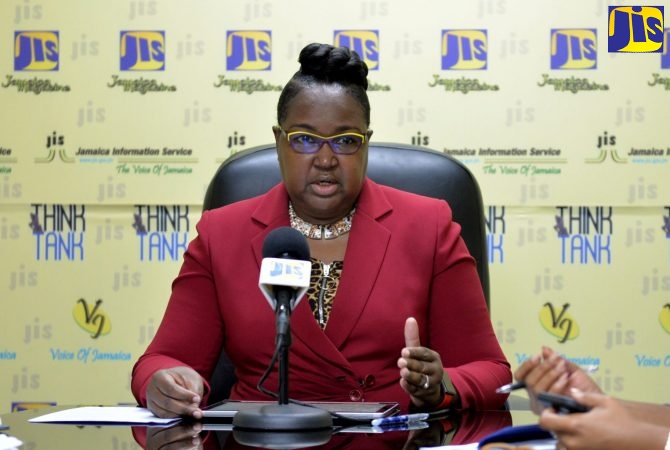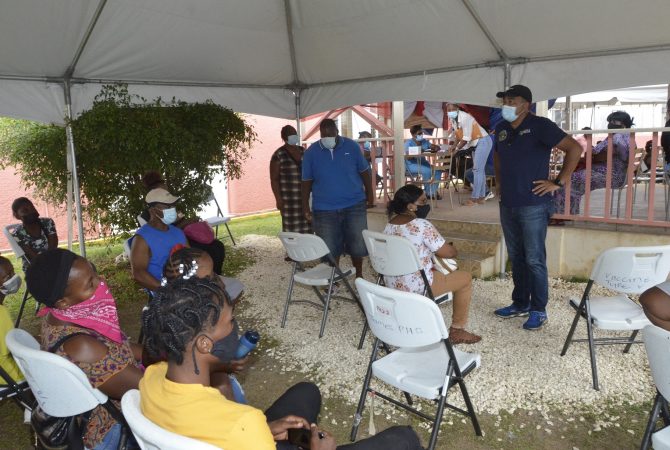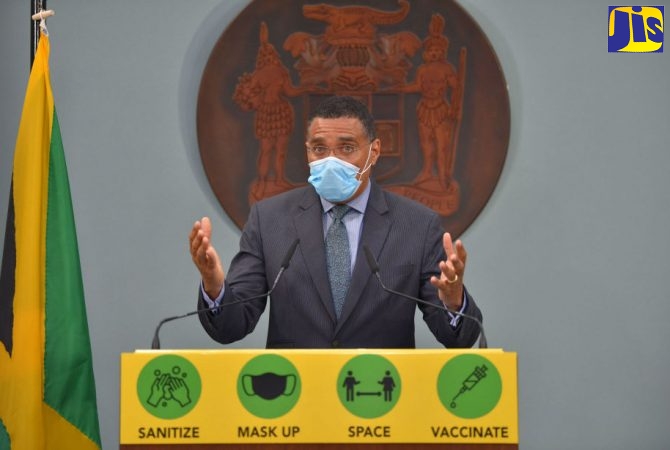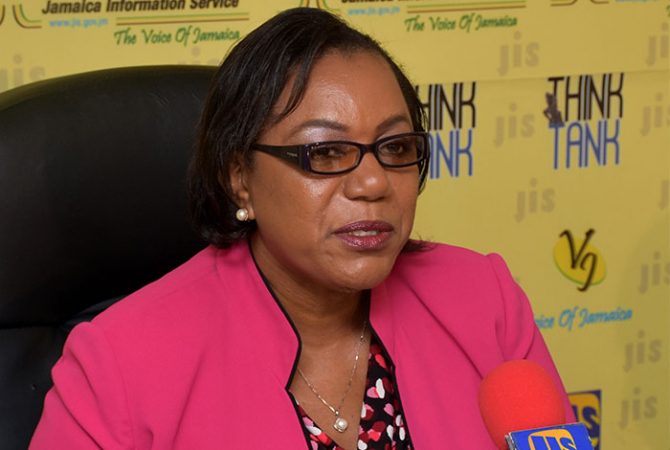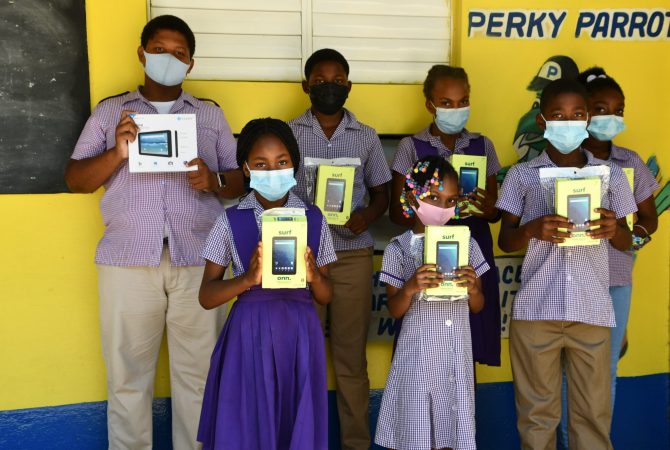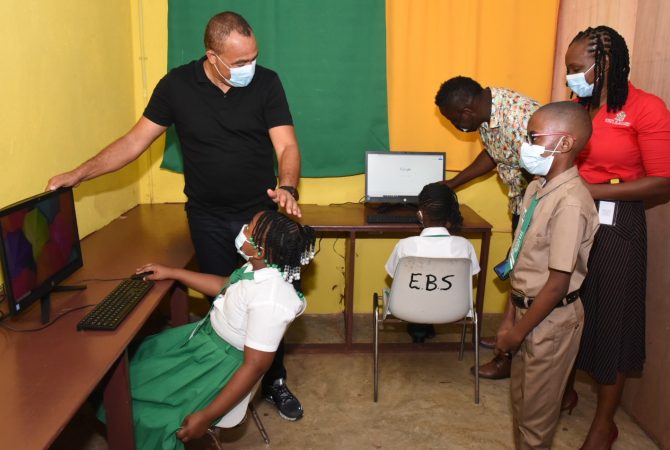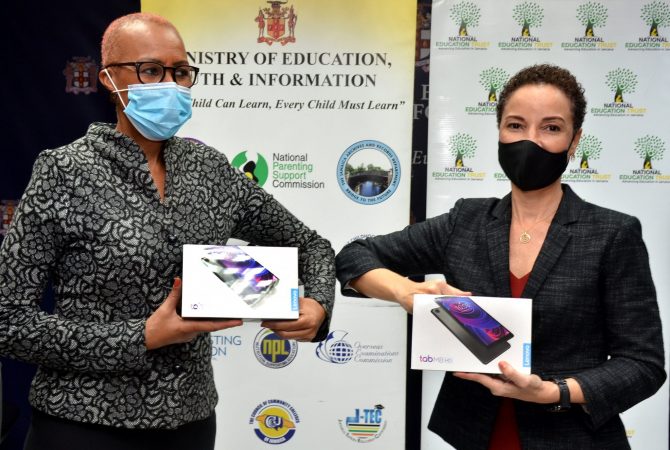Minister of Education, Youth and Information, Hon. Fayval Williams, says she is pleased that the Ministry has been able to significantly reduce the digital divide in the sector through the implementation of several initiatives aimed at providing more students with electronic devices.
“There are many more students with devices now at the start of this school year than there were the last school year because [of] the significant efforts that we made with the ‘One Laptop per Child’ initiative, the ‘Own Your Own Device’ and the government procurement of devices,” she said in a recent interview with JIS News.
Designed to promote inclusivity in the education sector, the One Laptop per Child initiative and the Own Your Own Device incentive programme, which were launched last year, seek to facilitate students’ continued education remotely, due to the ongoing coronavirus (COVID-19) pandemic.
The One Laptop per Child initiative provides devices for needy students, including those with special needs, students in State care/homes as well as those who are not beneficiaries of the Programme of Advancement Through Health and Education (PATH), while the Own Your Own Device provides the guardians or parents of needy students with a $20,000 gift voucher to be used towards the purchase of an electronic device.
In the meantime, Minister Williams said she is pleased with the smooth start to the new school year, which she said, was facilitated by the increased number of children who now have access to electronic devices.
“From the early checks of the system and throughout the day, we did not detect any issues. In fact, people were saying the start of this school year virtually is much better that it was last year,” she noted.
The first week of the new school year is being conducted remotely given the rise in COVID-19 cases. The Minister is hoping that students will be back to the face-to-face mode as quickly as possible.
“In the education sector, we have our dreams, we have our expectations. We have said we would love for our high-school students to be able to go back [to face-to-face] in October, but again, we are guided by the Ministry of Health and Wellness. So, we have to take our lead from them in terms of the timing of this, but we are geared up and ready to go back as soon as possible,” she said.
Lessons are being delivered online, via printed learning packages or kits and through the audio/visual (television and radio) platforms.


